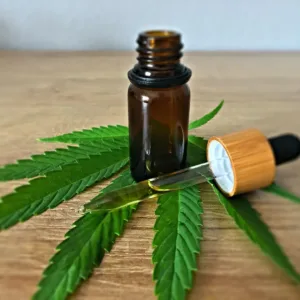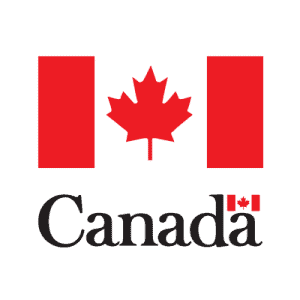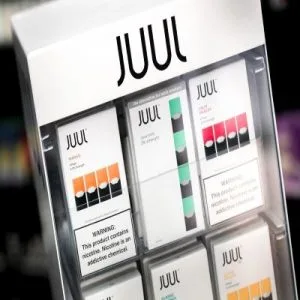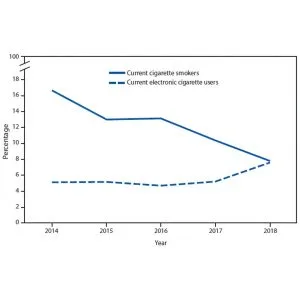Alberta to introduce tax on vaping products in 2020
The province of Alberta is set to introduce a new tax on vaping products in 2020. This is according to the provincial budget that was released last Thursday. Health Minister Tyler Shandro stated, “We’re looking forward to understanding the science behind e-cigarette use and the extent to which it could be a safer alternative to … Read more











